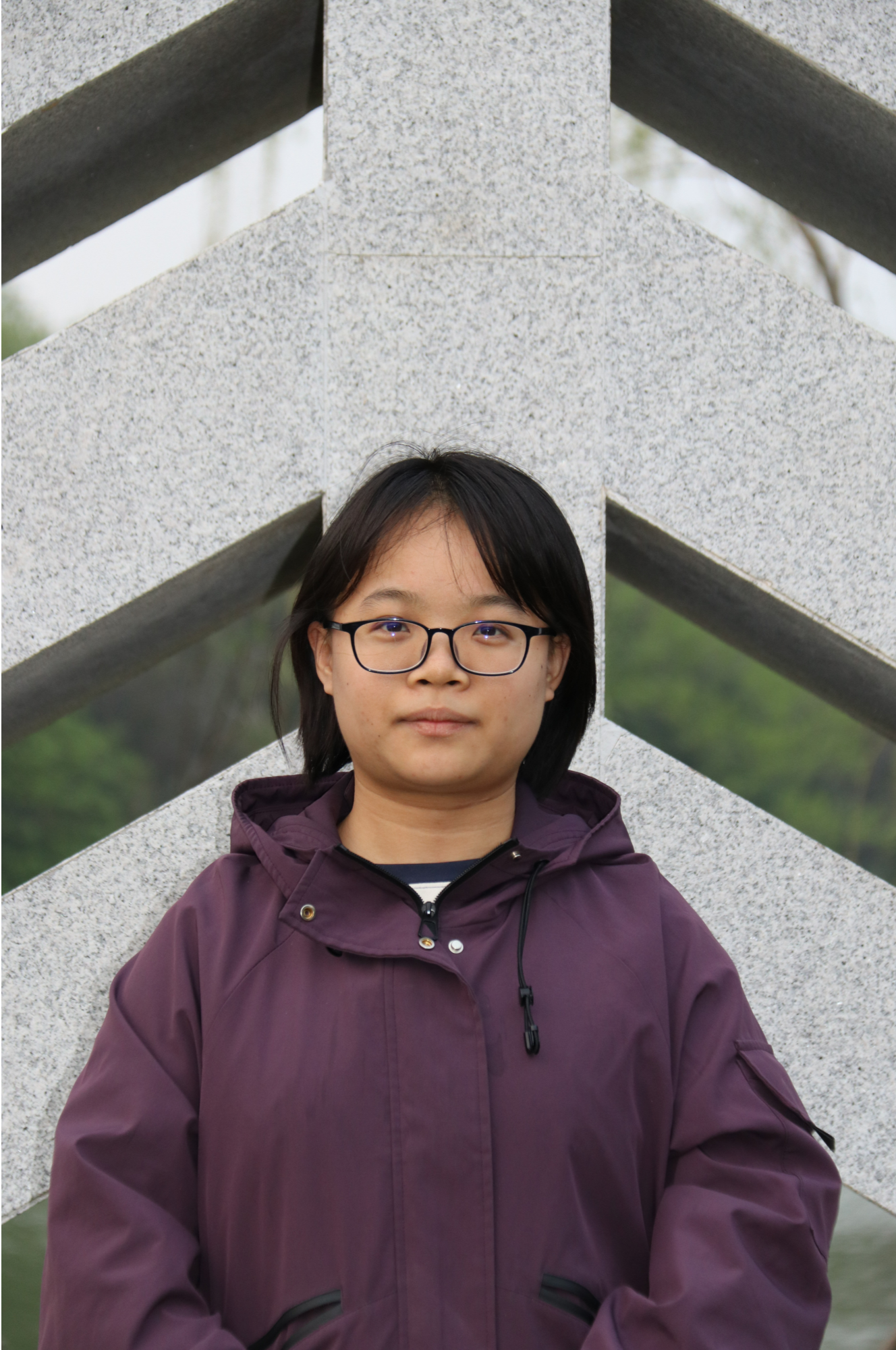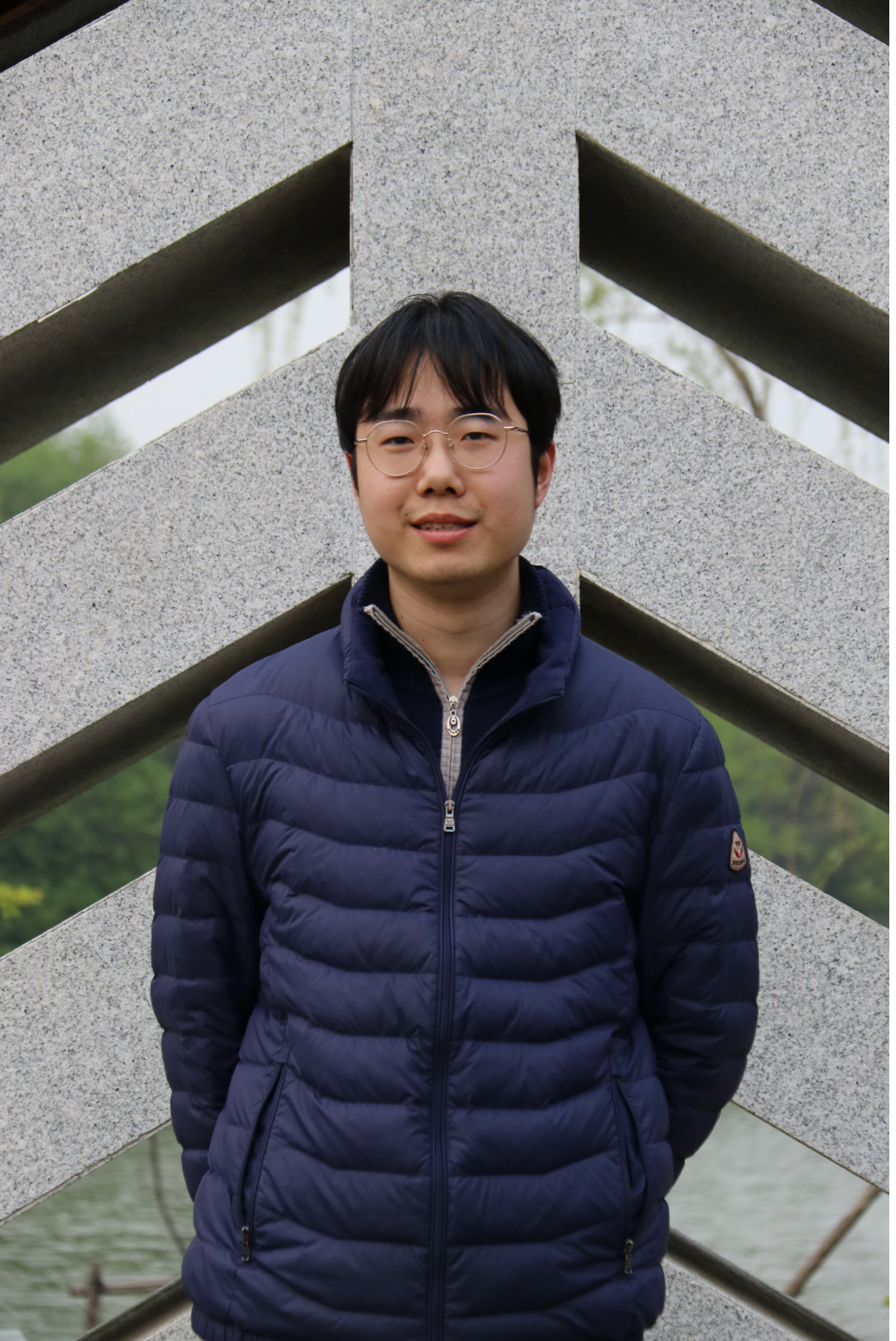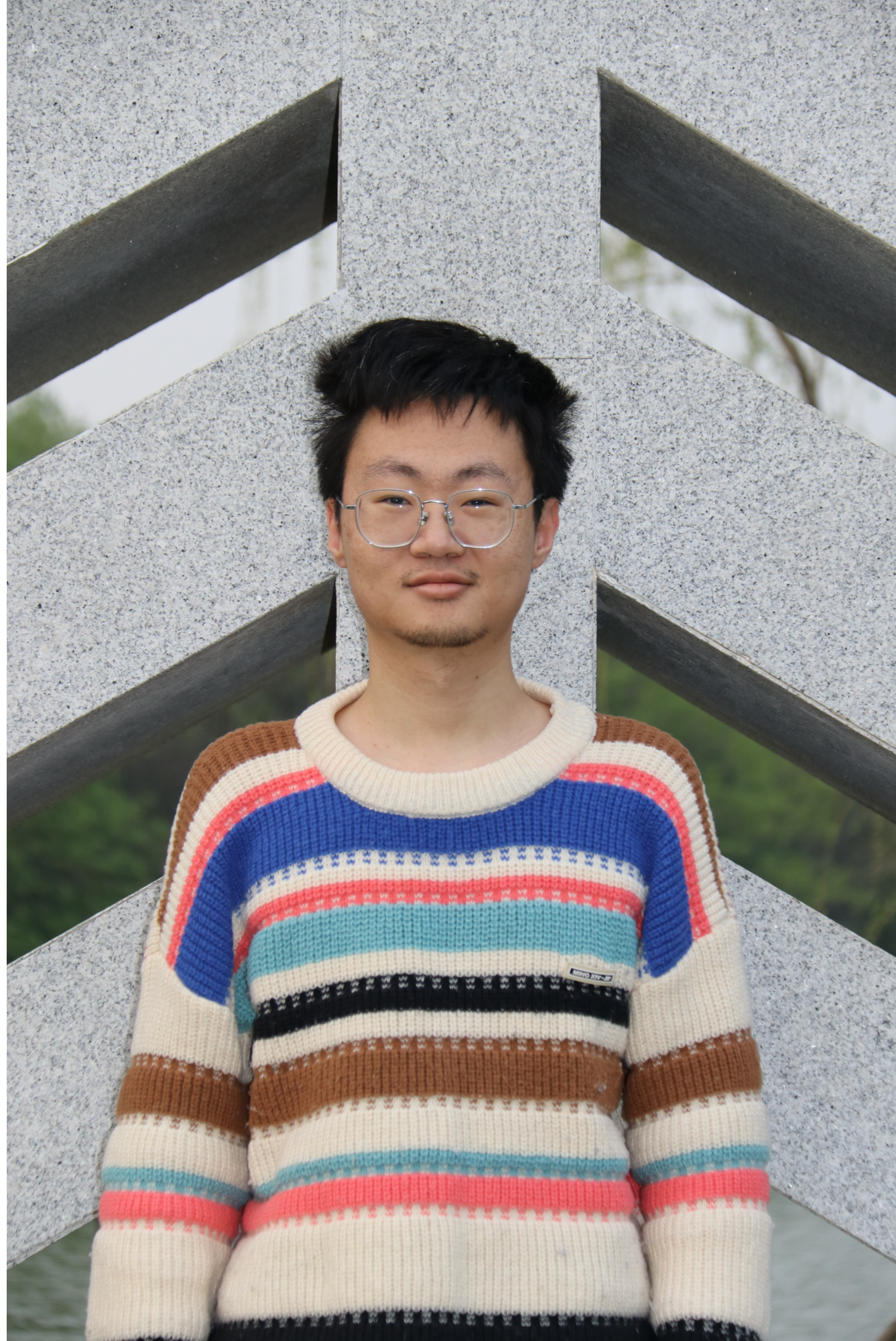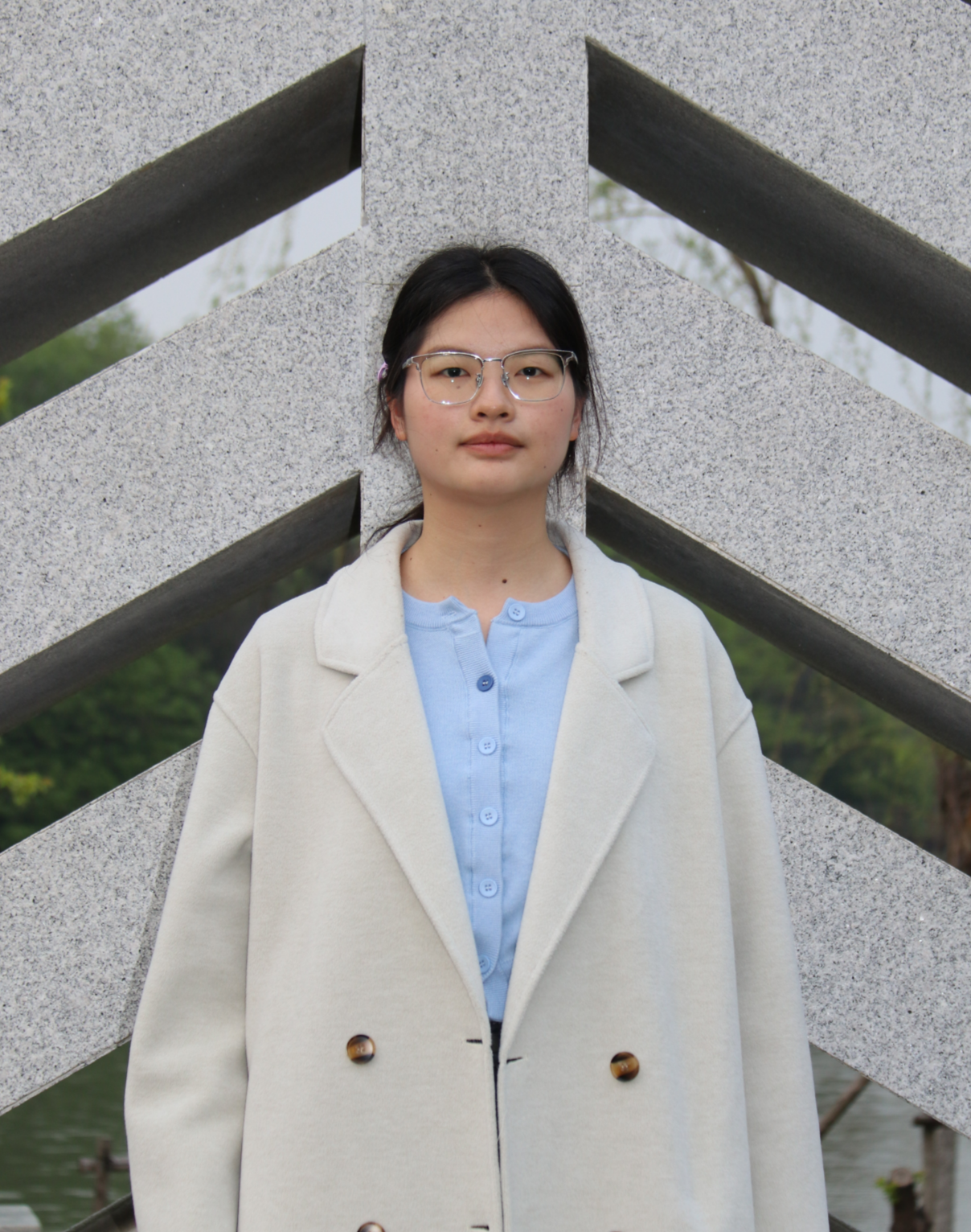On June 18, 2025, Professor Lu-Jia Zhang's team was successfully selected for the first cohort of the "AI4S Pioneers Action Plan." They will collaborate with the Shanghai AI Laboratory to advance AI-driven functional protein and biomacromolecule design, aiming to establish a cutting-edge technology platform for future life sciences, health, and green manufacturing.

By exploring open technological frontiers, the team seeks to construct a new paradigm for protein design.
The "AI4S Pioneers Action Plan," initiated by the Shanghai AI Laboratory, aims to develop next-generation "AI + Science" foundational technologies. It supports globally impactful breakthroughs by targeting frontier challenges in intelligent science research and mission-critical application scenarios.
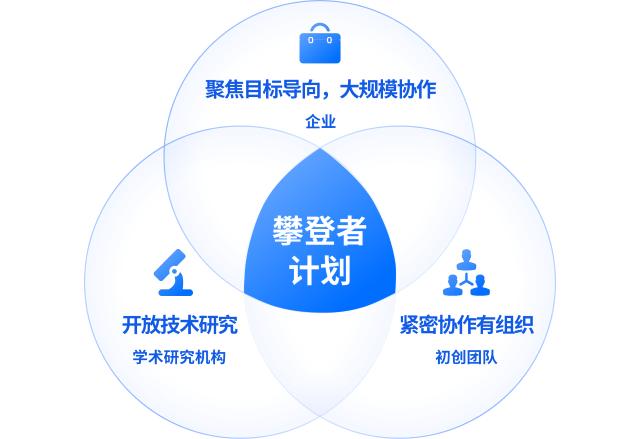 Image source: "AI4S Pioneers Action Plan" promotional materials
Image source: "AI4S Pioneers Action Plan" promotional materials
Professor Lu-Jia Zhang's research team is tackling the challenge of "AI-aided design of functional protein-based biomacromolecules." Their goal is to establish a national-level database encompassing tens of billions of biomacromolecules, develop a proprietary protein language model, and ultimately build a universal AI-driven protein design platform.
The project focuses on key application areas such as industrial enzymes, functional protein materials, bioactive peptides, and antibodies. Within two years, the team aims to design over 1,000 functional protein molecules, with more than 100 advancing to industrial validation.
Professor Zhang stated:
"Through deep integration of AI with synthetic biology and computational biology, we aim to build an end-to-end platform covering the entire protein design pipeline—from data → modeling → validation → application. This will position China as a global leader in defining the technological standards for protein design."
Focusing on Industrial Deployment and Translational Applications
This project not only pursues academic innovation but also prioritizes industrial applications. The research team has secured an 11-million-yuan industry contract with Ningxia Xiasheng Industrial Co., Ltd. to advance the large-scale production of AI-designed enzymes. Additionally, strategic collaborations have been established with leading enterprises such as Shanghai Qingmei Green Food Group and Haitian Seasoning Co., Ltd. to develop novel food synthesis pathways.
Professor Lu-Jia Zhang’s team has led multiple national and regional key R&D programs, spearheading the development of the National Light Industry Enzyme Database and a high-throughput enzyme mutagenesis computational platform based on the "near-attack conformation" theory. Their work has been featured as cover articles in top-tier journals, including mLife. The team’s achievements have been recognized with two Shanghai Municipal Science and Technology Progress First-Class Prizes and several provincial/ministerial-level awards, demonstrating sustained scientific excellence and industrial impact.
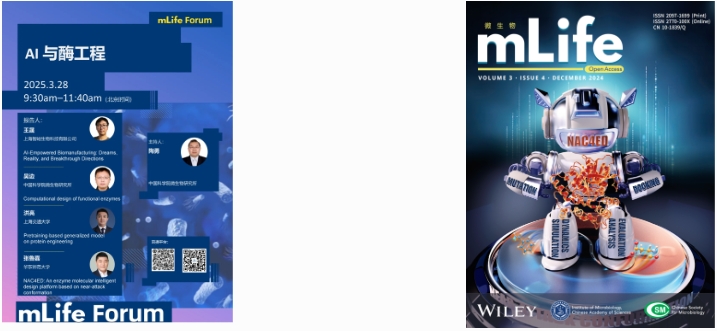
AI-Powered Transformation of Future Biotechnology
AI-driven protein design not only dramatically shortens the R&D cycle (by over 90%) but also promotes green manufacturing while reducing carbon emissions by 30%-50% across chemical, energy, and materials industries. This project integrates multimodal learning mechanisms, high-performance generative models, and interpretability techniques to achieve over 85% accuracy in protein structure-function prediction, thereby providing novel insights into fundamental biological challenges such as deciphering the "protein folding code."
Collaboration Mechanism and Future Prospects
According to the supporting organizations of the "AI4S Pioneers Action Plan," the research team will receive systematic support, including data resources, expert guidance, ecosystem integration, and operational management, to facilitate the translation of key research outcomes.
Moving forward, Professor Lu-Jia Zhang’s team will deepen collaboration with the Shanghai AI Laboratory in technical evaluation, coordinated research initiatives, and talent development, jointly establishing a Chinese exemplar of "AI for Science."


